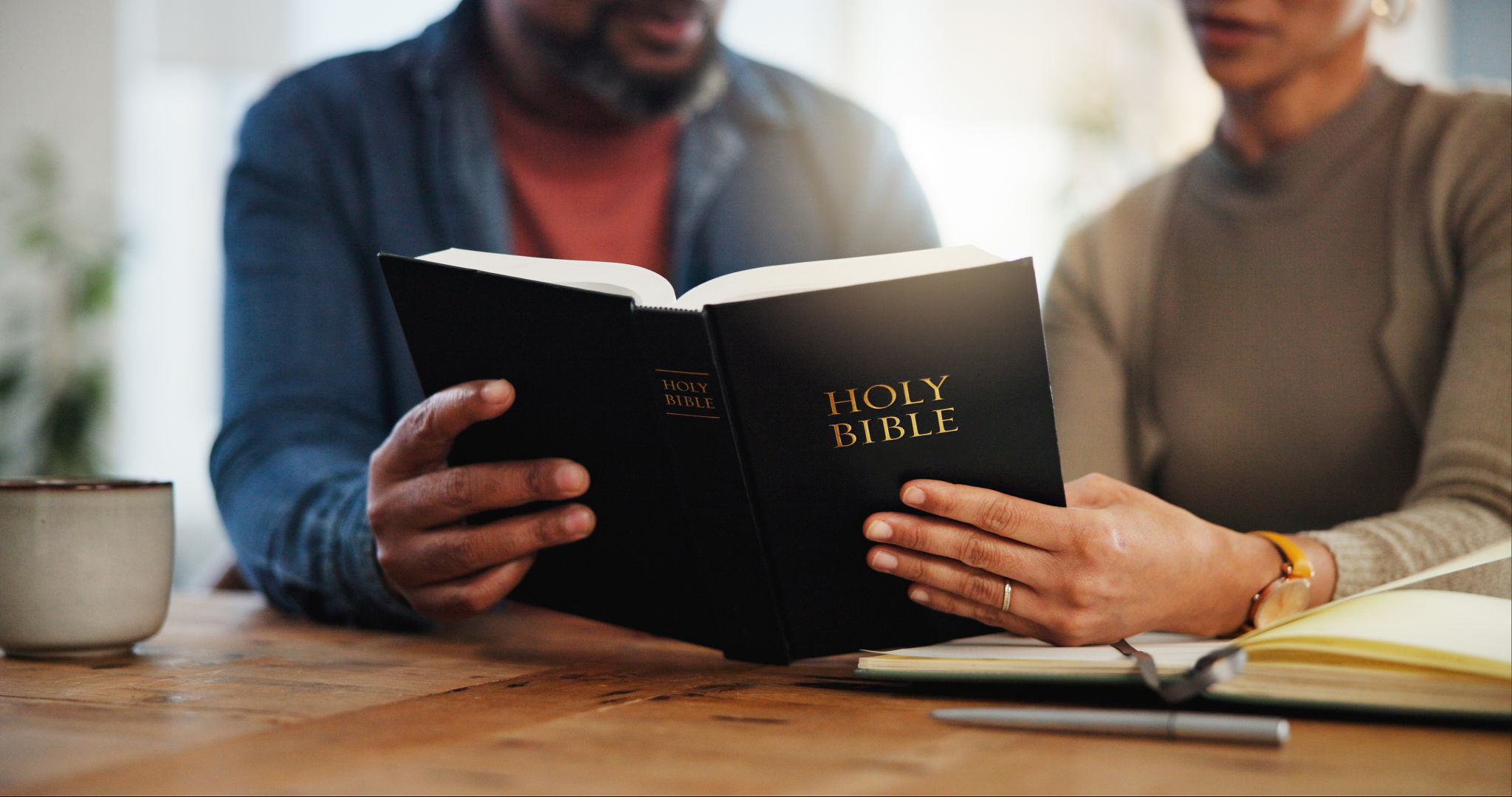How to Choose the Right Bible for Your Needs
Understanding Your Purpose
Choosing the right Bible can be a deeply personal and spiritually significant decision. The first step in this process is to understand your purpose for reading the Bible. Are you looking for a Bible to use in academic study, personal devotion, or group study? Each purpose may require a different type of Bible, so it's important to be clear about your needs.
If your goal is academic or theological study, you might consider a study Bible that includes additional commentary, maps, and historical context. For personal devotion, a simpler translation that speaks to your heart might be more suitable. Those involved in group study may benefit from a version that is universally accepted by the group members.

Consider the Translation
Bibles are available in numerous translations, each with its own style and readability. Some translations strive for word-for-word accuracy from the original texts, like the New American Standard Bible (NASB), while others aim to convey the thought or meaning more fluidly, such as the New Living Translation (NLT).
Consider your comfort level with language and your need for accuracy. For those new to Bible reading or who prefer contemporary language, a thought-for-thought translation might be preferable. Conversely, those who are more experienced or studying in-depth might prefer a more literal translation.
Popular Translations
- King James Version (KJV): Known for its majestic language but may be challenging to understand for some readers.
- New International Version (NIV): Offers a balance between readability and accuracy, making it popular for both devotions and study.
- English Standard Version (ESV): Maintains more traditional language while being accessible.

Evaluate Additional Features
Modern Bibles come with a variety of features that can enhance your reading experience. Some offer concordances, cross-references, maps, and footnotes that provide additional context and understanding. Consider what features would be beneficial to you based on your intended use of the Bible.
For instance, if you're interested in historical context, look for Bibles with comprehensive maps and timelines. If application is important to you, choose one with devotionals or life application notes. These features can significantly enrich your experience and understanding.
Binding and Durability
The physical quality of the Bible is another important factor. If you plan to use your Bible frequently or take it on the go, consider investing in a durable binding. Leather-bound Bibles often provide longevity and a classic look, while hardcover versions are sturdy for regular use.

Size and Portability
The size of the Bible might also play a crucial role in your decision. If portability is important because you travel or want to carry it daily, you might opt for a compact or pocket-sized edition. These are usually lighter and easier to transport but might have smaller text that can be difficult to read.
On the other hand, larger Bibles often feature larger print and more extensive study aids, making them ideal for home study. Reflect on where and how you plan to read your Bible regularly to determine which size meets your needs best.
Personal Preferences
Your personal preferences should not be underestimated when choosing a Bible. Consider factors such as font size, cover design, and additional resources like devotionals or reading plans that may align with your spiritual journey.
Ultimately, the best Bible for you is one that you feel comfortable reading regularly. It should inspire and encourage you while meeting the practical needs of your study or devotion time.
